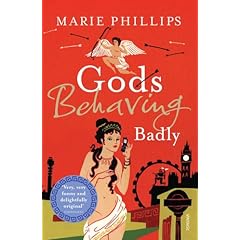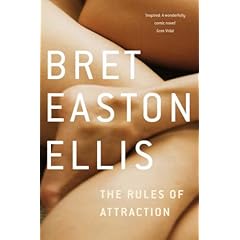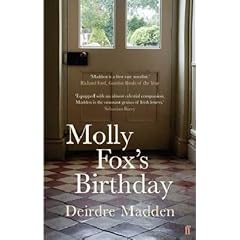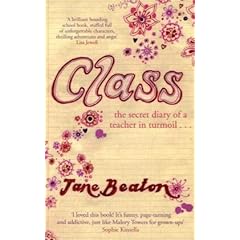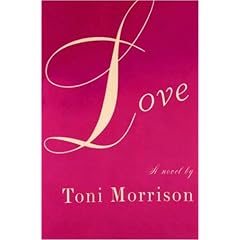
--The blurb--
"Nobel Prize laureate Toni Morrison's spellbinding novel is a Faulknerian symphony of passion and hatred, power and perversity, color and class that spans three generations of black women in a fading beach town. In life, Bill Cosey enjoyed the affections of many women, who would do almost anything to gain his favor. In death his hold on them may be even stronger. Wife, daughter, granddaughter, employee, mistress: as Morrison's protagonists stake their furious claim on Cosey's memory and estate, using everything from intrigue to outright violence, she creates a work that is shrewd, funny, erotic, and heartwrenching."
from www.amazon.com--The review--
Toni Morrison is often cited as a defining voice of both her generation and her race, most frequently through her more famous works,
Beloved and
The Bluest Eye. And yet she, among other black authors such as Mildred D Taylor (author of
Roll of Thunder, Hear My Cry) and James Baldwin (
Go Tell It On The Mountain) are often passed over by readers before university age in favour of white authors such as Harper Lee and JD Salinger. But why? The novels by the latter authors can certainly compete in terms of angst and in terms of facing controversial issues. But do they compete in subtlety and complexity too?
Having never read any Toni Morrison before now (yes, even as a student studying English at university she passed me by, due to a combination of her not appearing in any of my modules, me having to plough through various other delights for Classics - multiple readings of Homer, anyone? - and me constantly dashing around various extra-curricular diversions), I am perhaps not qualified to comment on her work as a whole (yet), but
Love, while not her best-known work (written in 2003, it is one of her most recent), certainly seems a fine start. It also heartens me that Toni Morrison's books have sensible gaps between them - this not only allows personal and critical evolution as an author, and for us as readers, but also reassures us that the work will be of high quality (I'd rather have 10 excellent books than 20 dross, wouldn't you? These writers who seem to have a new book out every five minutes often quite displease me). The reader is confronted by a web of knotted family ties - the hotel is run by Heed (Bill Cosey's widow) and Christine (Cosey's granddaughter), and we also have input from his daughter-in-law May; the resort's receptionist, Vida; his ex-lover, Celestial; his ex-cook L (she narrates the story; we never find out what 'L' stands for); and a new employee, Junior, who only arrives after Cosey's death. Cosey is a mythical figure, portrayed as God-like by all these different women in all their different ways.
Despite all the different inputs from the above characters, it is difficult to get to know Bill Cosey - he is just a name on a pedestal, and multiple readings are, to my mind, required in order to get to know him better (although this is arguably the case with all the characters). Morrison weaves the story deftly and incrementally, letting everything rise in a delightful crescendo so that all the main details are only really revealed at the end. It not only deals with the many faces of love but also with these very real women, from their jealousy and happiness to their sexual promiscuity. The story is short but intense: Bill Cosey dies 25 years before the story takes place, and yet the female characters all speak of him in a more immediate sense, as if he had died only very recently.
The chapters are of a manageable length and imaginatively titled, providing a thoughtful framework to the plot and characters. Equally, the characters were quite well sketched, allowing easy visualisation of the 'main characters' in particular (though people's opinions will differ as to who these are; Heed, Christine and Junior came most easily to me). Bill Cosey had more of a gloss, as mentioned, and it was more difficult to visualise him well. The recommendation of multiple reads serves not only on this level but will also allow for a greater familiarity with the plot - you need to concentrate on the rises and falls of
Love's plot in order to appreciate the full richness of Morrison's narrative arc (the split narrative device in itself, which I've been told is a common theme of Morrison's novels, takes some getting used to).
Love, it seems, is therefore a good one to turn to if you're looking for something more unusual from an established literary canon. Arguably, in tentative response to the question posed at the start of this review, this is why such authors and such works can be occasionally overlooked: people can fear the unknown, and these books offer a walk through the hitherto unexplored.
Other works by Toni MorrisonA Mercy (2008)
Paradise (1999)
Jazz (1992)
Beloved (1987)
Tar Baby (1981)
Song of Solomon (1977)
Sula (1974)
The Bluest Eye (1970)
